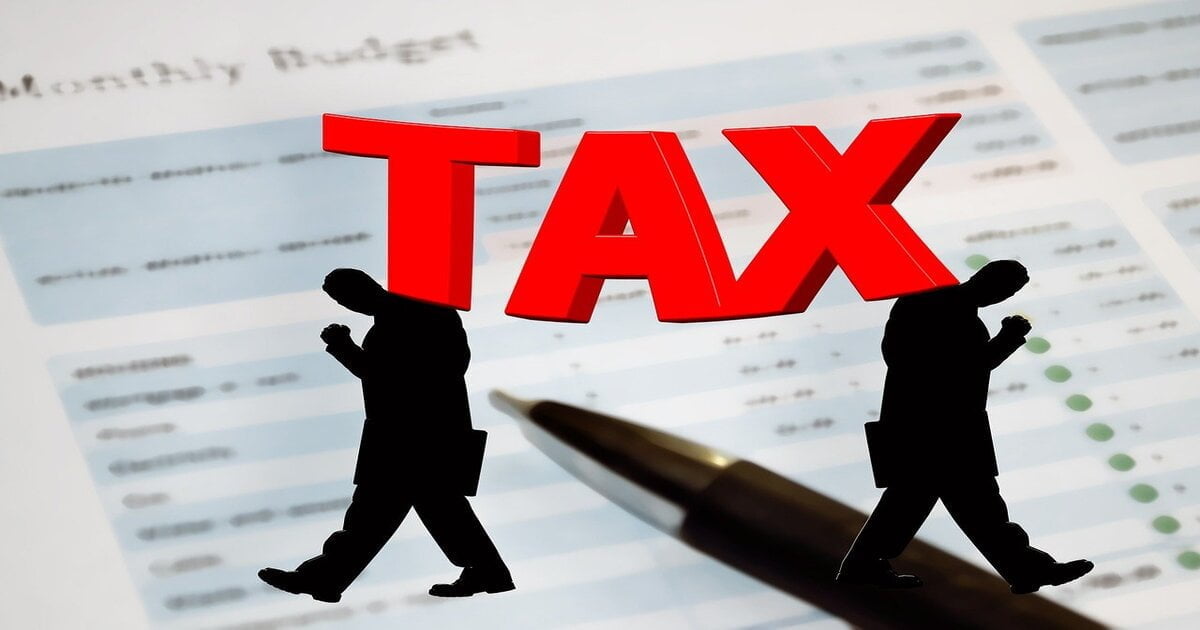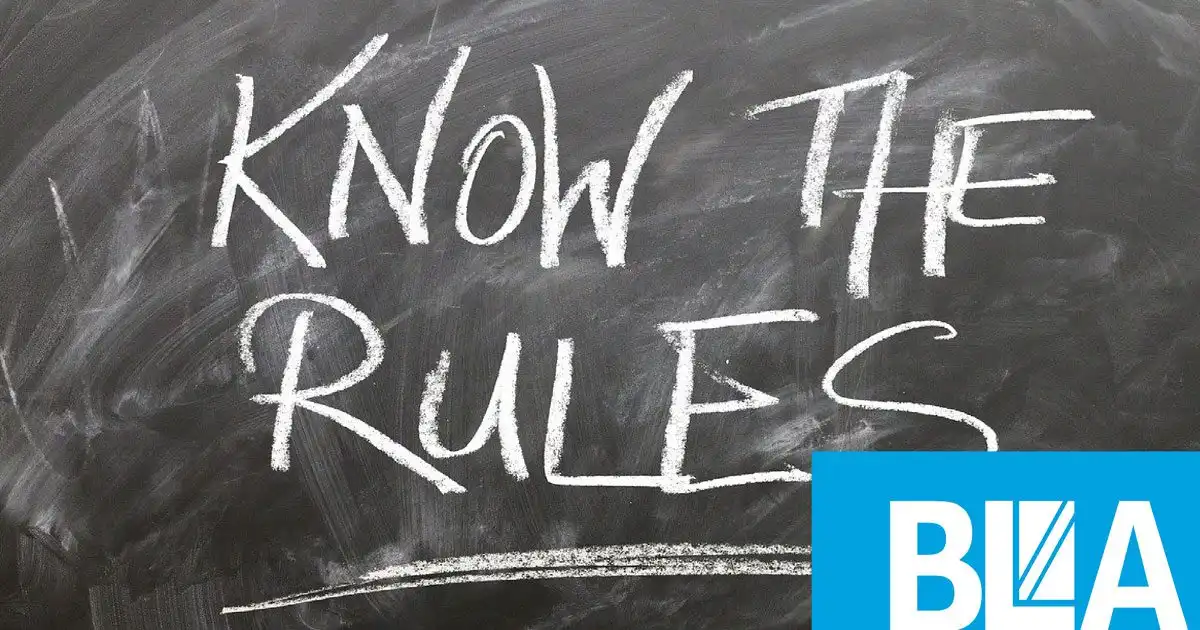Tax Deductions landlords can and cannot claim against their tax
Introduction
Welcome to our comprehensive guide on maximising tax deductions for landlords.
As experts in tax optimisation strategies, we understand the importance of minimising tax liability while maximising your financial returns.
In this guide, we’ll explore 21 tax expenses landlords can claim to optimise their tax situation and keep more money in their pockets.
Understanding Tax Deductions for Landlords
As a landlord, it’s crucial to understand the various tax deductions available to you. These deductions can significantly reduce your taxable income and lower your overall tax bill. Here are some key deductions to consider:
- Mortgage Interest
Landlords can deduct the interest paid on mortgage loans to acquire or improve rental properties. This deduction can result in significant savings, especially for landlords with multiple rental properties.
- Property Taxes
Property taxes paid on rental properties are fully deductible as a business expense. Keep detailed records of your property tax payments to ensure accurate deductions.
- Depreciation
The depreciation of rental property assets can be deducted over time, providing landlords with ongoing tax benefits. Consult with a tax professional to determine the depreciation schedule for your rental properties.
- Repairs and Maintenance
Costs associated with repairs and maintenance of rental properties are deductible business expenses. This includes expenses for fixing plumbing, electrical, and structural issues and regular maintenance tasks such as landscaping and cleaning.
- Utilities
Landlords can deduct the cost of utilities paid for rental properties, including electricity, water, gas, and trash removal. Keep detailed records of utility expenses to support your deductions.
- Insurance Premiums
Insurance premiums for rental properties, including landlord insurance and liability coverage, are deductible business expenses. Ensure that you maintain adequate insurance coverage to protect your investments.
- Professional Services
Fees paid to professionals such as property managers, accountants, and attorneys are deductible expenses for landlords. These professionals play a vital role in managing and protecting your rental properties.
- Travel Expenses
Landlords can deduct travel expenses related to operating their rental properties, including mileage, lodging, and meals. Keep accurate records of your travel expenses to support your deductions.
- Advertising and Marketing
Costs associated with advertising and marketing rental properties, such as newspaper ads, online listings, and signage, are deductible business expenses. Invest in effective marketing strategies to attract quality tenants.
- Home Office Expenses
If you use a portion of your home exclusively for rental property management activities, you may be eligible to deduct home office expenses. This includes a portion of your mortgage interest, property taxes, utilities, and maintenance costs.
In conclusion, understanding and maximising tax deductions is essential for landlords looking to optimise their financial situation.
By taking advantage of the 21 tax expenses outlined in this guide, you can minimise your tax liability and maximise your profits as a landlord.
Remember to keep detailed records of your expenses and consult a tax professional for personalised advice.
With careful planning and strategic tax optimisation strategies, you can achieve financial success in the rental property business.
List of all things landlords can claim set off for tax in the UK
- Mortgage Interest: Landlords can deduct the interest paid on mortgage loans to acquire or improve rental properties.
- Property Taxes: Property taxes paid on rental properties are fully deductible as a business expense.
- Depreciation: The depreciation of rental property assets can be deducted over time, providing ongoing tax benefits.
- Repairs and Maintenance: Costs associated with repairs and maintenance of rental properties are deductible business expenses.
- Utilities: Landlords can deduct the cost of utilities paid for rental properties, including electricity, water, gas, and trash removal.
- Insurance Premiums: Insurance premiums for rental properties, including landlord insurance and liability coverage, are deductible business expenses.
- Professional Services: Fees paid to professionals such as property managers, accountants, and attorneys are deductible expenses for landlords.
- Travel Expenses: Landlords can deduct travel expenses related to the operation of their rental properties, including mileage, lodging, and meals.
- Advertising and Marketing: Costs associated with advertising and marketing rental properties, such as newspaper ads, online listings, and signage, are deductible business expenses.
- Home Office Expenses: Landlords may be eligible to deduct home office expenses if they use a portion of their home exclusively for rental property management activities.
- Ground Rent and Service Charges: These costs are deductible if the property is leasehold.
- Letting Agent Fees: Fees paid to letting agents for finding tenants and managing the property are deductible.
- Interest on Loans for Property Repairs or Improvements: Interest on loans taken out for repairs or improvements to rental properties is deductible.
- Legal and Professional Fees: Legal fees for eviction proceedings or professional fees for drafting rental agreements are deductible.
- Council Tax: Council tax paid while the property is vacant and not being lived in by the landlord or tenant is deductible.
- Furniture and Furnishings: Landlords can claim a wear and tear allowance for replacing furniture and furnishings in rental properties.
- Grounds Maintenance: Costs associated with maintaining outdoor areas such as gardens and communal spaces are deductible.
- Inventory Costs: Expenses related to creating and updating inventories of rental property contents are deductible.
- Rent Guarantee Insurance: Premiums paid for rent guarantee insurance are deductible.
- Service Charges: Charges for services provided to the property, such as cleaning or maintenance, are deductible.
- Void Periods: Losses incurred when the property is vacant and not generating rental income are deductible.
Remember to keep detailed records of all expenses and consult with a tax professional for personalised advice regarding tax deductions for landlords in the UK.
Repairs and Maintenance
Utilities
Insurance Premiums
Professional Services
Travel Expenses
Advertising and Marketing
Home Office Expenses
Ground Rent, Service Charges
Letting Agent Fees
Interest on Loans for Property Repairs or Improvements
Legal and Professional Fees
Council Tax
Furniture and Furnishings
Grounds Maintenance
Inventory Costs
Rent Guarantee Insurance
Service Charges
Void Periods
Marketing Costs
Home Internet and Phone
Home Office Supplies
Here’s a list of expenses that landlords cannot typically set off for tax purposes in the UK:
- Personal Expenses: Any personal expenses unrelated to the rental property business cannot be claimed as tax deductions. This includes expenses for personal vacations, meals, and entertainment.
- Capital Expenditure: Costs associated with acquiring or improving a property’s structure, such as renovations or extensions, are considered capital expenditures and cannot be deducted as business expenses.
However, they may be eligible for capital allowances or included in the property’s capital gains tax calculation upon sale.
- Non-Rental Property Costs: Expenses related to properties that are not used for rental purposes, such as a landlord’s primary residence, cannot be claimed as tax deductions for rental property business.
- Fines and Penalties: Any fines or penalties imposed on the landlord, such as parking fines or penalties for non-compliance with regulations, cannot be claimed as tax deductions.
- Private Use Portion: If a property is used for rental and personal purposes, only the portion of expenses directly related to the rental activity can be claimed as tax deductions. Expenses related to personal use cannot be deducted.
- Pre-Letting Expenses: Expenses incurred before the property is available for rent, such as renovation costs or advertising expenses, generally cannot be claimed as tax deductions. However, they may be eligible for relief as part of the property’s capital gains tax calculation.
- Gifts and Donations: Expenses related to gifts or donations, whether to tenants or charitable organisations, cannot be claimed as tax deductions for rental property business purposes.
- Illegal Activities: Any expenses incurred due to illegal activities, such as fines for housing code violations or legal fees related to criminal activity, cannot be claimed as tax deductions.
- Non-Business Travel Expenses: While landlords can deduct travel expenses related to the operation of their rental properties, personal travel expenses cannot be claimed as tax deductions.
- Self-Assessment Penalties: Penalties incurred for late filing or payment of taxes cannot be claimed as tax deductions.
- Home Improvement Costs: Costs incurred for general improvements or upgrades to a landlord’s primary residence, rather than rental properties, cannot be claimed as tax deductions.
- Self-Assessment Tax: While tax payments themselves are not deductible, any interest or late payment penalties incurred as a result of late tax payments cannot be claimed as tax deductions.
Landlords must maintain accurate records of expenses and consult with a tax professional for guidance on what can and cannot be claimed as tax deductions for rental property businesses in the UK.
FAQ
- What tax deductions can landlords claim in the UK?
Landlords in the UK can claim tax deductions for various expenses related to their rental properties, including mortgage interest, property taxes, repairs and maintenance, utilities, insurance premiums, professional services, travel expenses, advertising and marketing, home office expenses, and more.
2. Can landlords deduct mortgage interest on their rental properties?
Yes, landlords can deduct the interest paid on mortgage loans used to acquire or improve their rental properties as a tax deduction in the UK.
3. Are property taxes deductible for landlords in the UK?
Yes, property taxes paid on rental properties are fully deductible as a business expense for landlords in the UK.
4. What expenses are not deductible for landlords in the UK?
Expenses that are purely personal, fines and penalties, costs associated with non-rental properties, pre-letting expenses, gifts and donations, illegal activities, and non-business travel expenses are generally not deductible for landlords in the UK.
5. Do landlords need to keep records of their expenses for tax purposes?
Yes, landlords must maintain accurate records of all expenses related to their rental properties for tax purposes. This includes invoices, receipts, bank statements, and other relevant documentation.
6. Can landlords deduct home office expenses for tax purposes?
Yes, landlords may be eligible to deduct home office expenses if they use a portion of their home exclusively for rental property management activities in the UK.
7. Are repairs and maintenance expenses deductible for landlords?
Yes, landlords in the UK can deduct business expenses for costs associated with repairs and maintenance of rental properties, such as fixing plumbing or electrical issues.
8. Do landlords need to consult with a tax professional for guidance on tax deductions?
While it’s not required, it is highly recommended that landlords consult with a tax professional for personalised advice and guidance on tax deductions and obligations related to their rental properties in the UK.
List of links and resources related to landlord tax
- GOV.UK – Property Income Manual: The Property Income Manual on the GOV.UK website provides detailed guidance on tax rules and regulations for landlords in the UK. Property Income Manual
- HM Revenue & Customs (HMRC) – Landlord Tax Guidance: The HMRC website offers comprehensive guidance for landlords on tax obligations, including information on allowable expenses and tax deductions. Landlord Tax Guidance
- British Landlords Association (The BLA): The BLA is another prominent organisation offering support and resources for landlords in the UK. Their website provides information on landlord tax obligations and resources for managing rental properties.
- Citizens Advice – Renting and Tax: Citizens Advice offers practical advice for landlords on tax-related issues, including information on allowable expenses, reporting rental income, and understanding tax obligations.
Renting and Tax
These resources offer valuable information and guidance for landlords seeking to understand and optimise their tax situation in the UK.
The British Landlords Association is a national landlords association for UK landlords. It is one of the largest landlord associations in the UK. Join us now for £79.95!
Our top read blogs:
The Rise of Special Purpose Vehicle Companies (Tax) in Real Estate: A Landlord’s Perspective
Tax advantage of buying a property using an offshore company in 2024
Tax Tips for Landlords – Are you paying too much tax?
Latest Guide to Self-Assessments for Landlords + Free tax App
Latest Guide to Self-Assessments for Landlords + Free tax App
Disclaimer:
This post is for general use only and is not intended to offer legal, tax, or investment advice; it may be out of date, incorrect, or maybe a guest post. You are required to seek legal advice from a solicitor before acting on anything written hereinabove.





